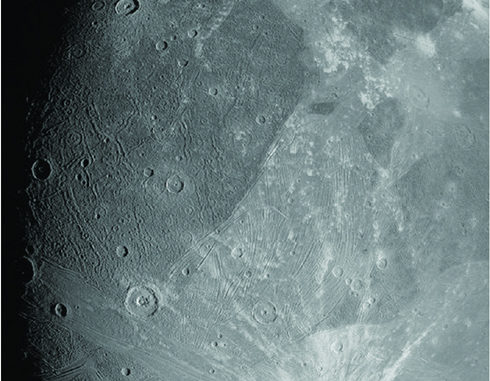
After flying closer to Jupiter’s largest moon than any other in more than two decades, NASA‘s Juno spacecraft has sent back two images offering dramatic glimpses of the icy orb.
During the flyby on June 7, Juno came within 645 miles (1,038 kilometres) of the surface of Jupiter’s largest moon Ganymede and took two images from the Jupiter orbiter’s JunoCam imager and from its Stellar Reference Unit star camera.
The photos show the surface of Ganymede in remarkable detail, including craters, clearly distinct dark and bright terrain, and long structural features possibly linked to tectonic faults.
“This is the closest any spacecraft has come to this mammoth moon in a generation,” said Juno Principal Investigator Scott Bolton of the Southwest Research Institute in San Antonio, in a statement. “We are going to take our time before we draw any scientific conclusions, but until then we can simply marvel at this celestial wonder,” he added.





Be the first to comment